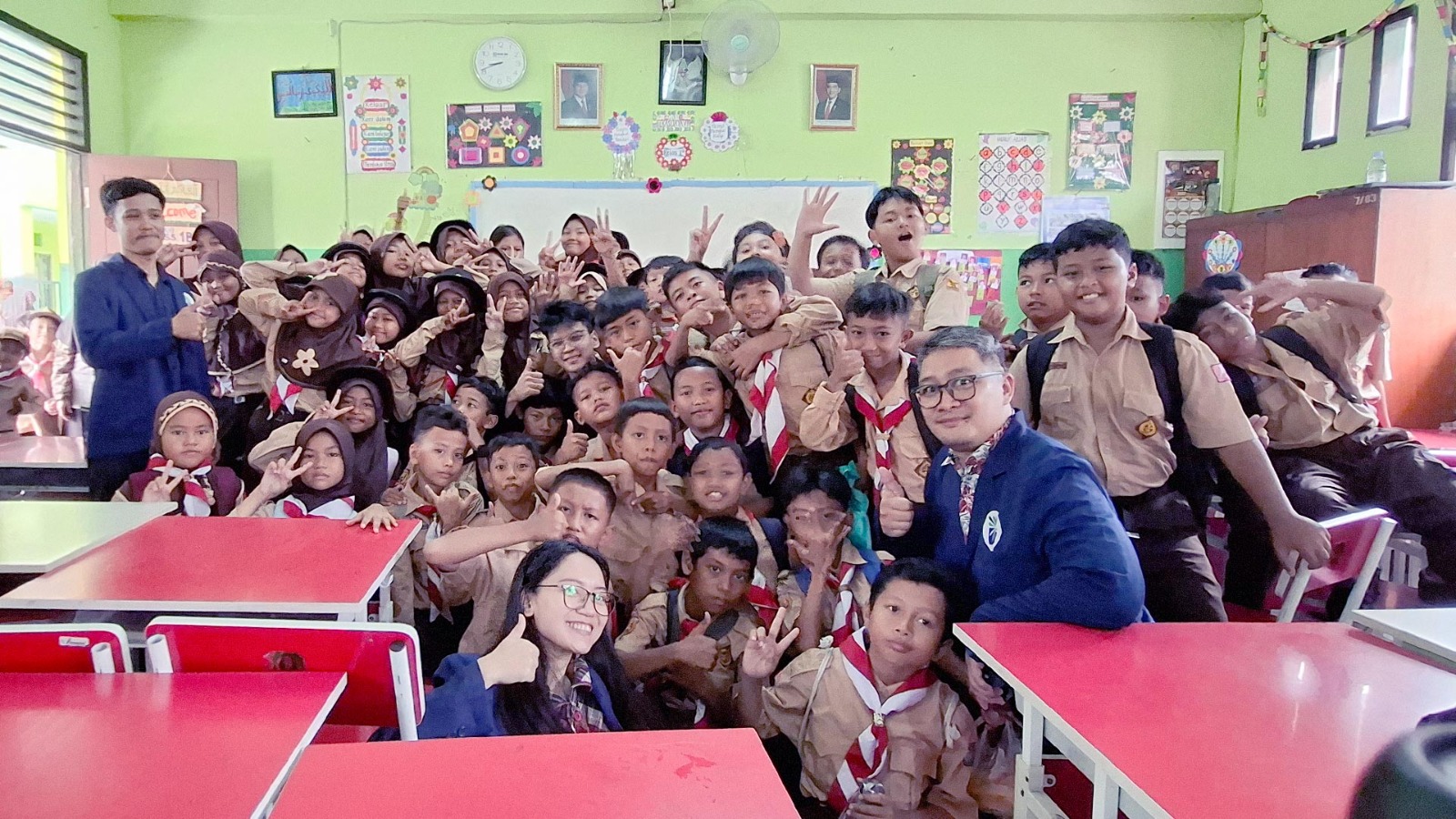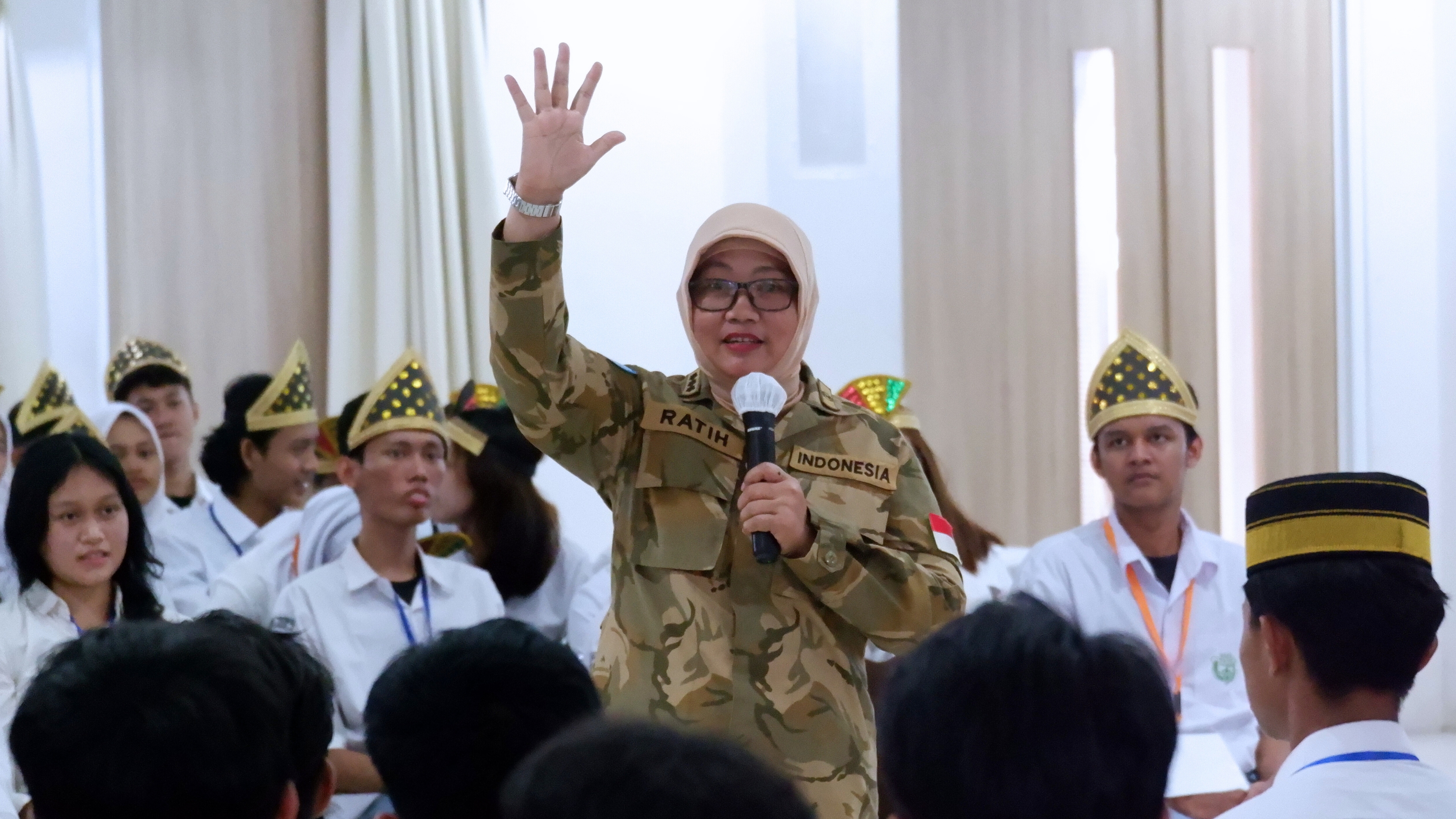The Phenomenon of Quotes Content on Social Media: Inspiration or IIlusion of Public

Digitalization has revolutionized human communication through wider networks of interaction via social media across the globe, transcending time and generations. This transformation is inevitable, given the myriad opportunities available for self-development, including through personal branding and the creation of social movements that can influence public perception.
One important aspect of digital media development is the power of narrative in shaping societal mindsets. With high accessibility, social media has become a fertile ground for young generations, especially those interested in content creation. One increasingly popular phenomenon is quotes content, short quotation-based content that dominates platforms like Instagram and TikTok. Usually, this content is packaged in attractive visual illustrations and uses language that resonates with Generation Z and Generation Alpha.
The popularity of quotes content can be linked to its ability to touch the emotions and personal experiences of social media users, especially teenagers and young adults. Relatable quotes are often used as a form of self-expression or reflection on life experiences. However, this phenomenon can also function as a form of propaganda that exploits psychological issues faced by young generations, such as anxiety, romance, and economic uncertainty.
While some quotes can provide inspiration and motivation, others have the potential to reinforce negative mindsets. Some quotes content that emphasizes feelings of distress or depression, if consumed without critical understanding, can cause ongoing misunderstandings and even negatively impact an individual's mental health.
In communication science, there is a concept called social resonance, a phenomenon where a certain message or communication resonates with the existing experiences, values, or social conditions in the audience's minds. Messages that are not only understood rationally but also have a deep emotional impact will be more easily remembered and internalized.
Although quotes content can help individuals recognize the problems they face and serve as a tool for self-reflection, several negative impacts need to be considered:
-
Emotional Dependency on Quotes:
Relatable quotes can create co-dependency, where individuals begin to seek validation through quotes that match their feelings. This can lead to a person identifying entirely with the messages in the quotes, without considering other perspectives.
-
Trapped in a Negative Emotional Cycle:
Individuals who constantly consume pessimistic or melancholic content can become trapped in negative thought patterns. They might seek justification for their feelings through the content, which can worsen anxiety, depression, or even increase egocentric attitudes.
-
Glorification of Sadness:
An unbalanced consumption of quotes content can lead to a tendency to idealize or romanticize feelings of sadness, loneliness, or emotional suffering as meaningful or even aesthetic. This can hinder individuals from seeking more constructive solutions or help.
-
Fear of Missing Out (FOMO) Phenomenon:
Quotes promoting financial or romantic success can create social pressure for individuals who feel left behind. If consumed without mature understanding, this can trigger anxiety and the urge to accelerate personal achievements without proper planning.
As an institution committed to the development of science and technology, Dian Nusantara University (UNDIRA) also emphasizes the importance of forming wise and responsible characters in facing the digital information flow. The values upheld by UNDIRA, namely Visionary, Integrity, and Professionalism, stress the need for a balance between intellect and ethics in using technology.
In a webinar organized by the Communication Studies Program at UNDIRA titled "The Role of Strategic Communication in Building Digital Ecosystems," Prof. Dr. Suraya, M.Si., Head of Research at the London School of Public Relations, emphasized that even as society progresses towards a digital native era, it is crucial for individuals to critically sift through the content they consume. Not all content that appears attractive and safe can be used as a reference in shaping mindsets and behavior.
Without a critical stance in consuming quotes content, individuals risk experiencing more significant negative impacts than benefits. Therefore, by understanding potential risks and developing a more reflective and rational mindset, students and academics can continue to appreciate digital content without falling into emotional traps that are detrimental and hinder character growth.
(Danang Respati Wicaksono / HUMAS UNDIRA)
Press Contact :
Biro Humas & Sekretariat Universitas Dian Nusantara
Facebook : www.facebook.com/undiraofficial
Instagram : www.instagram.com/undiraofficial
Twitter : www.twitter.com/undiraofficial
www.undira.ac.id

Campus Tanjung Duren
Jln. Tanjung Duren Barat II No. 1
Grogol, Jakarta Barat. 11470
Campus Green Ville
JIn. Mangga XIV No. 3
Campus Cibubur
Jln. Rawa Dolar 65
Jatiranggon Kec. Jatisampurna, Bekasi. 17432










